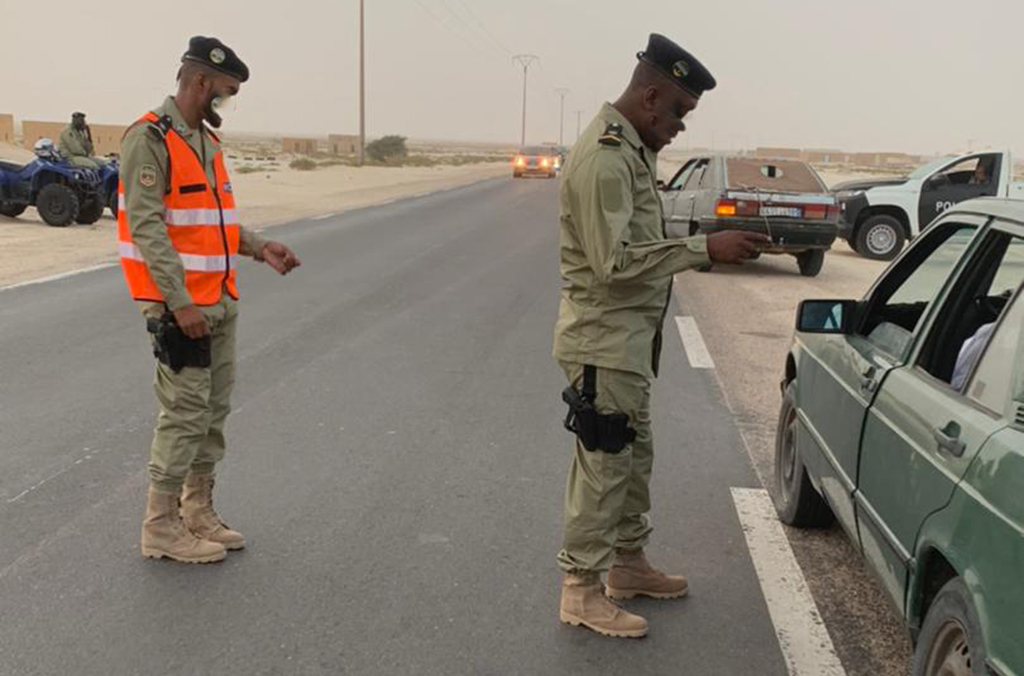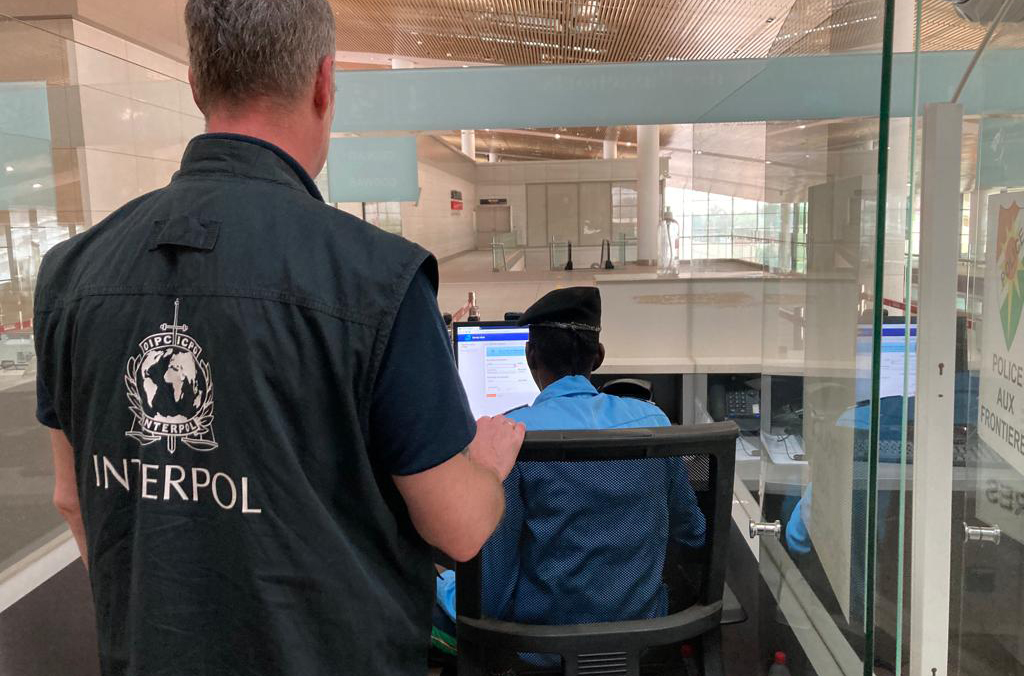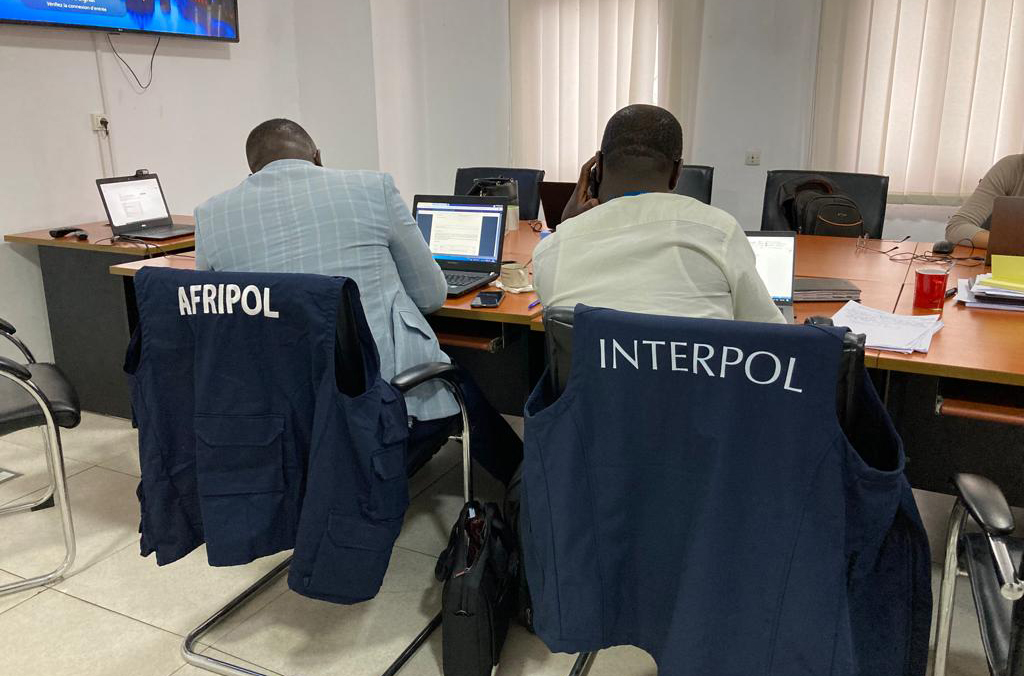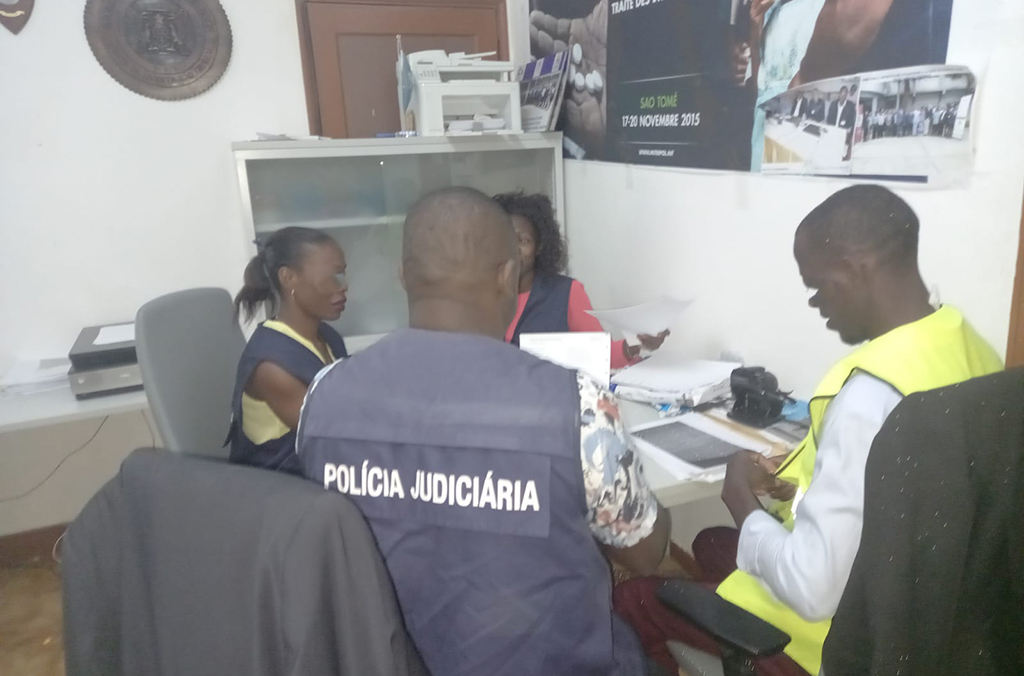Operation Weka II: Nearly 700 human trafficking victims rescued
In an INTERPOL-led crackdown on the criminal groups behind human trafficking and migrant smuggling, authorities across 44 countries have rescued nearly 700 victims of human trafficking.
Operation Weka II was carried out from 12 to 17 June, where officers progressed cases and carried out intensified checks at border points. Results so far have yielded a total of 300 arrests, including 88 suspected traffickers and 83 migrant smugglers. Some 100 additional arrests were made for other crimes such as document forgery, organized crime, firearms and drug trafficking, highlighting the poly-criminal nature of organized crime groups.
High-profile arrests
Weka II saw successful outcomes for a number of human trafficking cases linked to previous INTERPOL operations. For example, authorities in Morocco located and arrested a 34-year old man long suspected of recruiting, housing and trafficking women from Nigeria to Morocco, then on to Spain and other European destinations, where they were forced into prostitution. This high-profile arrest is the result of sustained cooperation between countries since Operation Weka I (2021).
In a separate case, police in Côte d’Ivoire arrested an Ivorian man suspected of running a transnational crime group trafficking women from Morocco and Guinea to Spain for the purpose of sexual exploitation.
Identified in the course of 2020’s Operation Turquesa II, this suspect was the subject of an INTERPOL Red Notice published by Spain. He was arrested at the airport in Abidjan when officers cross-checked his passport against INTERPOL’s databases.
“These key arrests show the extent and value of global operations, not only in the moment, but the long-term impact they have in generating leads, exchanging intelligence and establishing networks that are ready to act when the time is right,” said Jürgen Stock, INTERPOL’s Secretary General.
Operational highlights
Human trafficking
Proving that criminal groups continue to prey on those seeking security and stability, police uncovered a range of schemes designed to lure victims across borders for exploitation.
- After several months of coordination, authorities in Oman rescued six human trafficking victims lured from various African countries through advertisements on social media promising gainful employment.
- Investigations are ongoing in Burkina Faso following the discovery of 13 victims of trafficking, enticed by well-paying e-commerce jobs. They were asked to cover initial training costs and never paid thereafter.
- Lesotho police raided supermarkets, where they arrested Chinese and Pakistani nationals for labour-related offences and possession of fraudulent ID documents.
- In Cameroon, three suspects were arrested on suspicion of trafficking 23 young Chadian girls to the Middle East.
- Police action across the United Arab Emirates led to the arrest of 34 men and women for activities linked to human trafficking.
- In Togo, police arrested a suspected trafficker, identifying a modus operandi in which victims were smuggled across borders on motorcycle then flown to Kuweit, where they had been promised jobs, but were ultimately forced to work off hefty travel costs.
Migrant smuggling
Some 4,000 migrants from 29 nationalities were identified during the operation, however police actions on the ground mainly focused on dismantling the networks behind smuggling activities:
- In the Democratic Republic of Congo, authorities shut down a travel agency facilitating migrant smuggling. Authorities found 79 Congolese passports, 409 seals (from different national institutions), as well as laptops containing templates of diplomas, criminal records, and visas, etc.
- Investigations in Niger are ongoing after four armed individuals were intercepted leading a group 103 migrants, including four children.
- Authorities in The Gambia arrested 5 suspects who were charging migrants USD 1,000 to be smuggled to the Canary Islands.
- In Senegal, authorities detected a person travelling on a stolen Bulgarian passport after crosschecking this document against INTERPOL’s SLTD databases.
Officers carried out intensified checks at border points.
Cote d’Ivoire’s child protection unit in the field.
The INTERPOL-coordinated police action mobilized 44 countries across four continents.
Authorities in Gabon arrest a suspected human trafficker.
Border checks between Mauritania and Senegal.
INTERPOL’s Border Management Task Force provided support during Operation Weka II.
Operation Weka II was supported by a number of partners, including AFRIPOL.
Pre-operational meetings were key to Operation Weka II’s success.
Working together
The operation was supported by the following partners:
- AFRIPOL
- AIRCOP
- Europol
- International Organization for Migration
- The Regional Operational Centre in support of the Khartoum Process and AU-Horn of Africa Initiative
Participating countries: Algeria, Angola, Benin, Botswana, Brazil, Burkina-Faso, Burundi, Cameroon, Chad, Congo, Cote d’Ivoire, Democratic Republic Of Congo, Eswatini, Ethiopia, Gabon, Gambia, Ghana, Greece, Guinea Bissau, Guinea, Iraq, Jordan, Lesotho, Malawi, Mali, Mauritania, Mauritius, Morocco, Mozambique, Namibia, Niger, Oman, Sao Tome And Principe, Senegal, South Africa, Spain, Sudan, Syria, Tanzania, Togo, Tunisia, Uganda, United Arab Emirates, Zimbabwe.
Funding was provided by the European Union, Norway and the US State Department’s Bureau of International Narcotics and Law Enforcement Affairs.


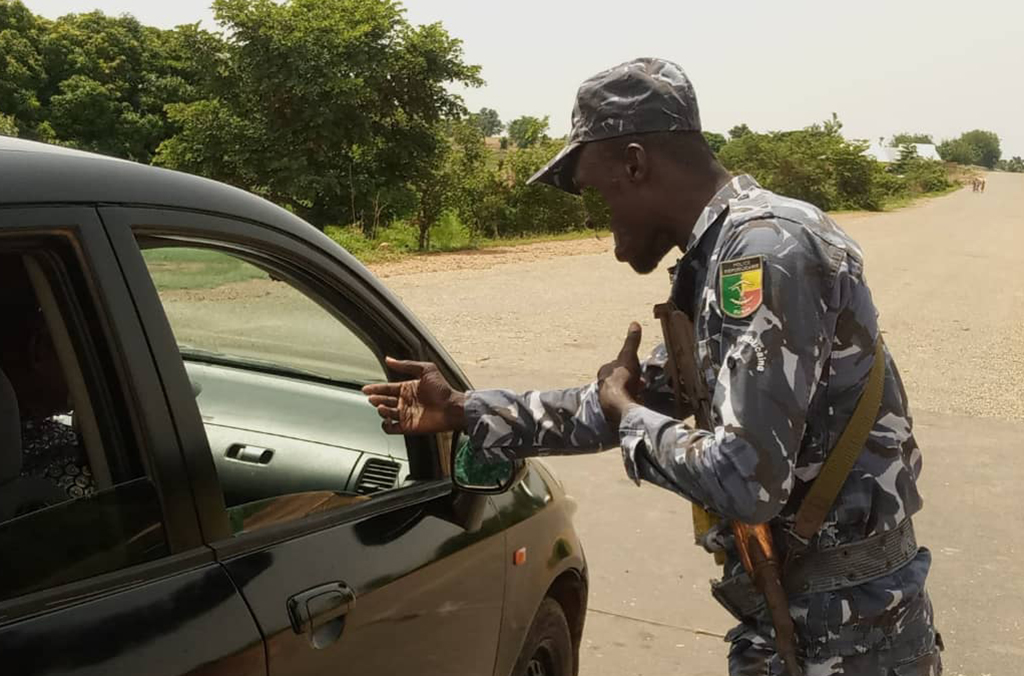
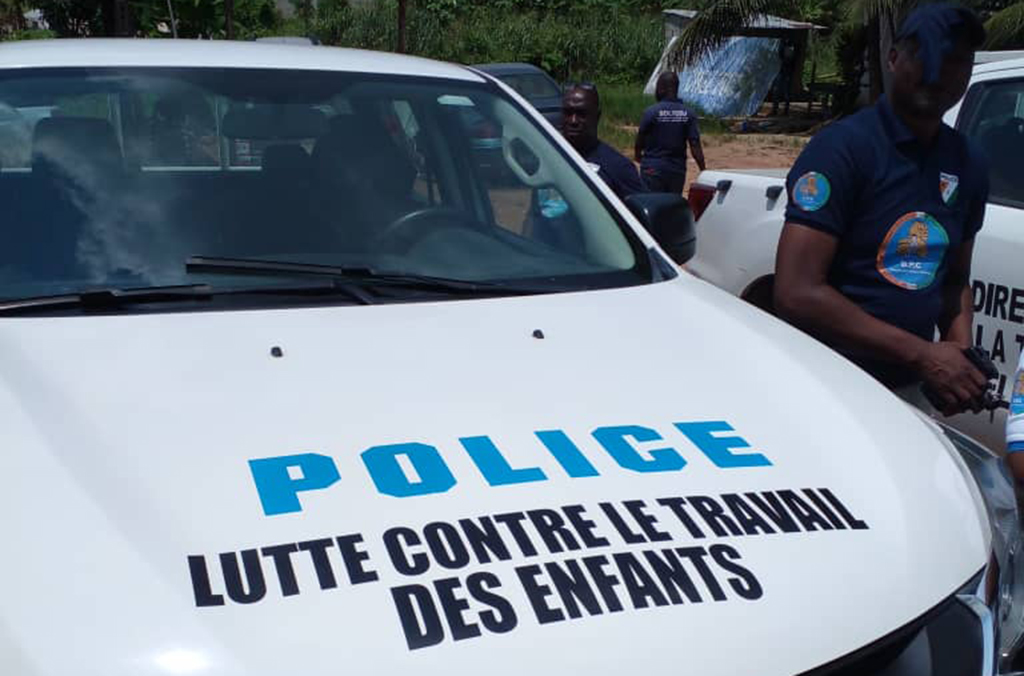
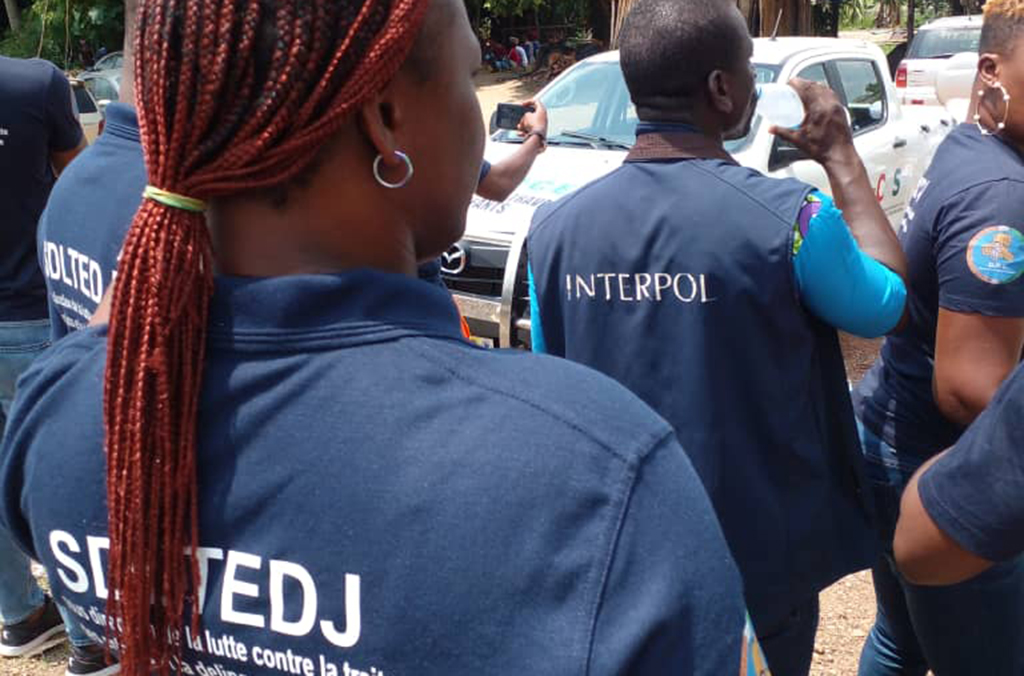
.JPG)
